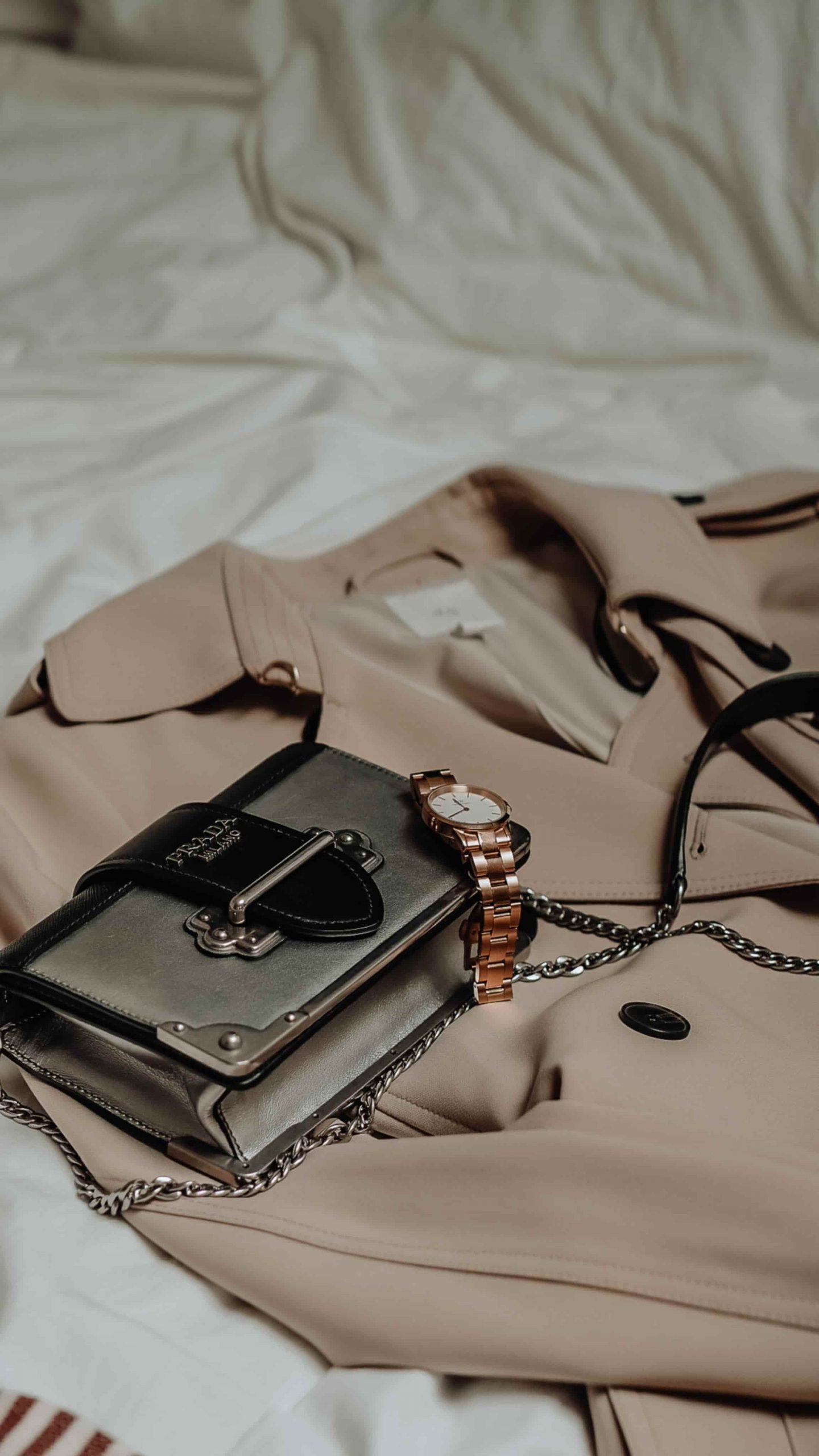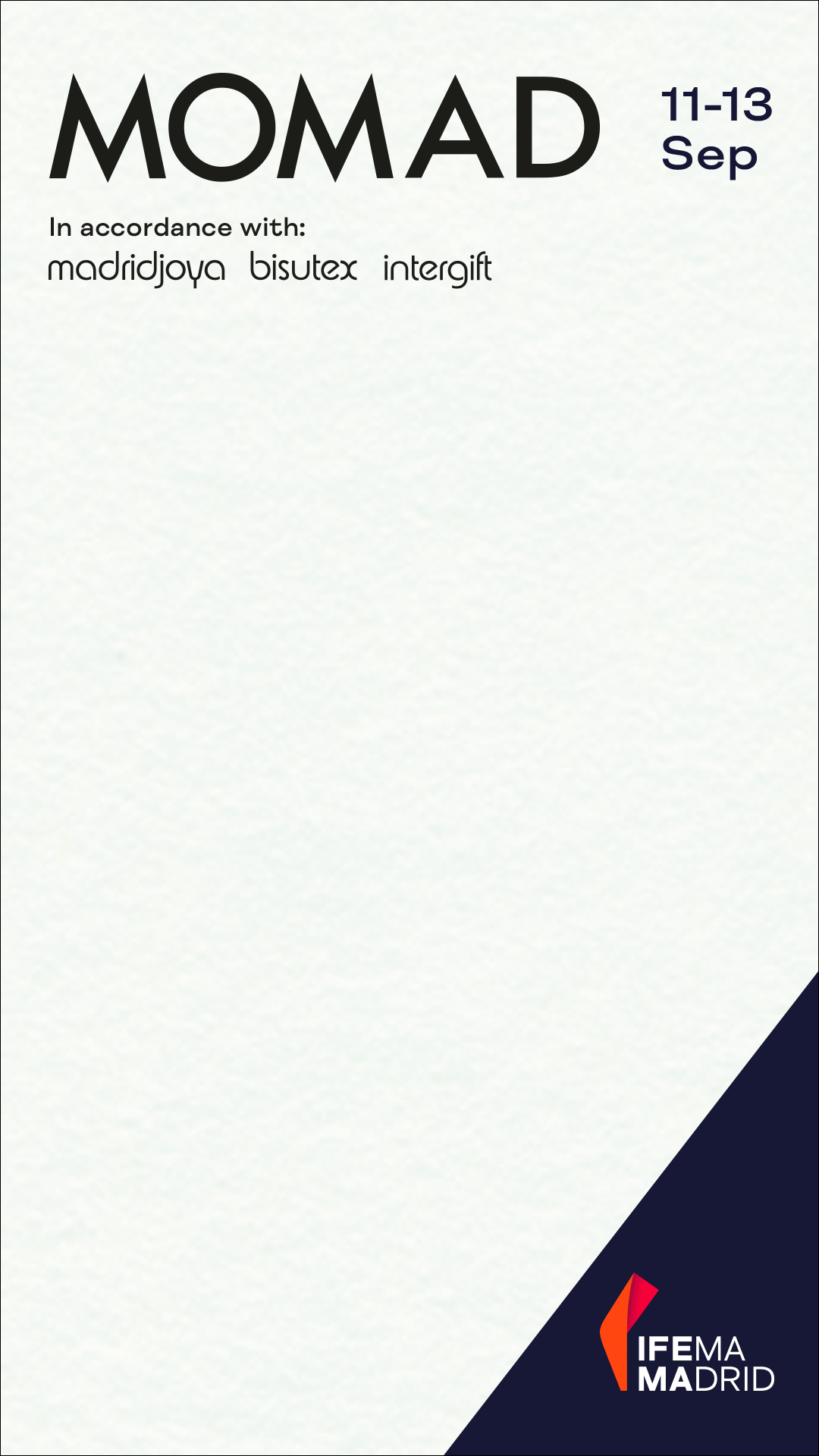
Luxury Brands moving to Sustainability
A study by The Shelton Group proves it: Millenials want to shop from sustainable companies. And because of the basic principle of supply and demand, luxury fashion companies take action and make steps to a greener future. From Gucci’s major sustainability and CSR initiatives that have gradually been made over the last couple of years to the ethical and sustainable trend of going fur-free that has been seen in a vast number of announcements of luxury brands.
Vivienne Westwood
This luxury label is known to be a pioneer in sustainable fashion, yet it doesn’t rest on their image. Vivienne Westwood’s AW17/18 fashion show “Ecotricity” was all about renewable energy and calling out other luxury labels to switch from fossil fuels to green energy. It kicked off the campaign in collaboration with the Mayor of London and the British Fashion Council and several British companies like Belstaff or Marks & Spencer have already committed to follow Westwood’s lead. The label’s years of commitment to the environment are highlighted at the V&A exhibition in London about sustainable fashion.
Gucci
One of Gucci’s first attempts to sustainability was creating a 100% traceable handbag collection in partnership with sustainability advocate Livia Firth. In 2010, they also introduced recyclable packaging with FSC certified paper. In 2011 Gucci came out with eyewear made from more environmentally-friendly materials that are based on castor-oil seeds. In 2012 their sustainable and biodegradable plastic sandals collection launched. In 2014 they shifted from charitable donations to more corporate social responsibility practices and they announced that their goal was to achieve leather and fur coming from 100% to “verified captive-breeding operations or from wild, sustainably managed populations,” where suppliers employ “accepted animal welfare practices and humane treatment in sourcing.”
Then in autumn 2017, they made an announcements lots of vegans, vegetarians and animal activists saw as a victory for animals: Gucci wanted to go fur free. They no longer want to use fox, mink, rabbit, Karakul lamp, raccoon dog as materials.
In 2018, Gucci Equilibrium has been launched to aim for more transparency and sustainability. The website Equilibrium.gucci.com is “designed to connect people, planet and purpose” by allowing Gucci’s member of staff to dedicate one percent of their working time to volunteering in local communities. It is part of Gucci’s 10 year sustainability plan that includes a “scrap-less programme” that reduces the quantity of leather that is treated during the manufacturing process.
Stella McCartney
While the formerly Kering-owned luxury fashion label Stella McCartney has been taking the stand that fur and even leather are harming the environment more than alternative materials since 2001, it doesn’t stop at excluding animal materials. Stella McCartney shot their latest ad campaign at a landfill site.
Following Vivienne Westwood’s campaign, McCartney is one of the labels that commits to switch to green energy suppliers by 2020.
The international sustainability and fair fashion event State of Fashion will include Stella McCartney and Vivienne Westwood in their exhibitions as luxury fashion’s sustainability pioneers. Additionally, Stella McCartney is featured at the V&A exhibition about sustainable fashion in London as well.
Stella McCartney raises hopes for the future of sustainability since it bought out the 50% shares of Kering at the beginning of the year which makes Stella McCartney herself, a known environmental activist, sole owner.
Versace
“Fur? I’m out of that. “I don’t want to kill animals to make fashion. It doesn’t feel right.” (Donatella Versace in an interview with The Economist). Besides Armani, Jimmy Choo, Clavin Klein, Givenchy, Gucci, Hugo Boss, Ralph Lauren and Tom Ford, Versace was the next in line to go fur-free this year. While this luxury label has only an “E” grade at the sustainability ranking “rankabrand.org”, it is catching up when it comes to becoming more cruelty free and sustainable. In 2017, Versace announced their environmentally sustainable operation changes lead by the exernal company Nativa.
Michael Kors
The American luxury company Michael Kors wants to be fur-free until the end of the year. This decision came out six months after anti-fur protestors took action in New York calling out the luxury label.
Burberry
This month, Burberry’s CEO Marco Gobbetti announced that the luxury fashion brand will stop destroying finished products. The company had been widely criticized in July for the burning unsold products to protect their intellectual property. The burned unsold products worth more than £28 million ($36.68 million) in the previous 12 months, and more than £90 million ($117.89 million) over the last five years. Environmentalists, politicians, and even the company’s own shareholders slammed the practice.
This year Burberry also became a core partner of the Ellen MacArthur Foundation’s Make Fashion Circular initiative along with Gap, H&M, HSBC, Nike, and Stella McCartney. In addition, Burberry announced it will stop using real fur. “There will be no real fur in Riccardo Tisci’s debut collection for Burberry later this month, and we will phase out existing real fur products,” according to the luxury brand.
Furla
The luxury brand known for their leather bags are going fur free as well. They announced that the ban will be official in November 2018.
LVMH
LVMH owns luxury fashion labels like Louis Vuitton, Christian Dior, Celine, Givenchy or Marc Jacobs and is the largest luxury group. Last year it announced that they will invest more in sustainability starting with a carbon fund that should raise money for every ton of CO2 emission the brands generate from 2018. Since the group’s rival Kering who owns labels like Gucci or Alexander McQueen, has been taken action for more sustainability and published their plans for years, LVMH has to keep up when it comes to sustainability.








